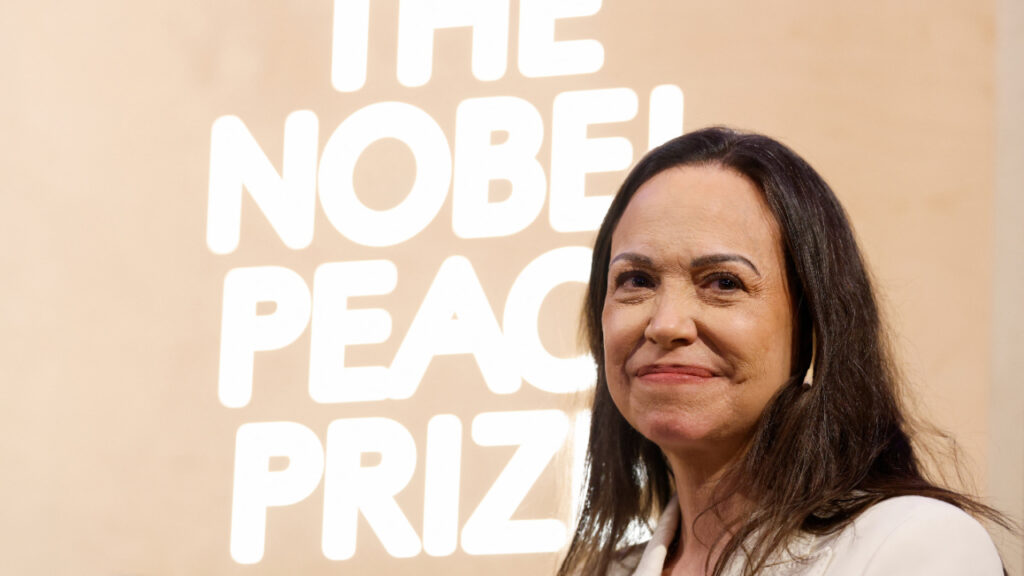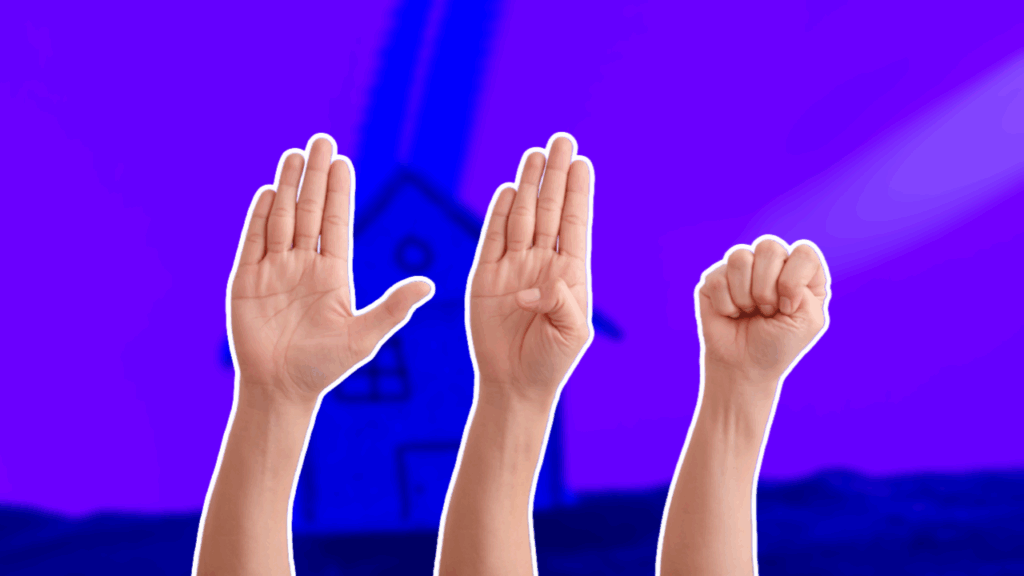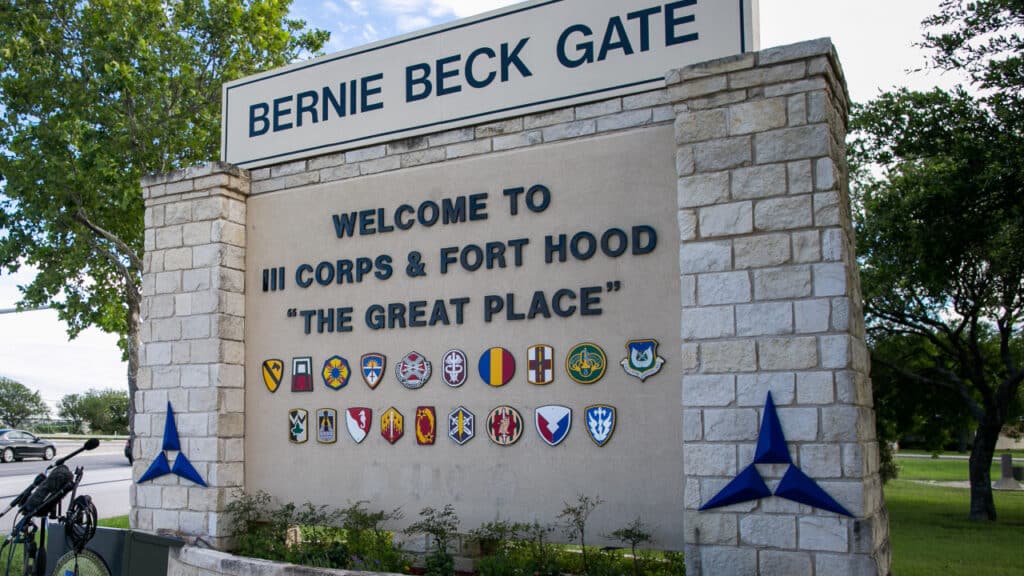Hispanic Heritage Month in Chicago Clouded by Trump’s Immigration Raids
The streets of Chicago should be alive with parades, music, and car caravans this month. Multiple Latin American nations’ Independence Day celebrations usually stretch for over a month, drawing hundreds of thousands into neighborhoods like Pilsen and Little Village. But this year, the joy has been clouded by fear.
Donald Trump’s plan to send immigration agents and National Guard troops into Chicago has put Latino residents on edge, according to NBC News. Some people are carrying their U.S. passports just to feel safe. Others are debating whether to even show up at events meant to honor culture and heritage.
Trump escalates threats as Hispanic Heritage Month begins
The timing feels intentional. Hispanic Heritage Month is just beginning, and Trump has promised to add Chicago to the list of cities under expanded federal immigration enforcement. His administration has already sent troops to Los Angeles and Washington, D.C.
On his platform Truth Social, Trump wrote: “I love the smell of deportations in the morning,” referencing the Vietnam War film Apocalypse Now. He added, “Chicago about to find out why it’s called the Department of WAR.”
Illinois Governor JB Pritzker responded on X that “The President of the United States is threatening to go to war with an American city. This is not a joke. This is not normal. Donald Trump isn’t a strongman; he’s a scared man. Illinois won’t be intimidated by a wannabe dictator.”
Organizers cancel El Grito and other festivals
Organizers have already pulled back on major events. The Guardian reported that El Grito Chicago, which drew 24,000 people last year, was canceled. “It was a painful decision, but holding El Grito Chicago at this time puts the safety of our community at stake – and that’s a risk we are unwilling to take,” the event’s website stated.
The Mexican Independence Day parade and festival in Waukegan was postponed until November. The Latin Heritage Fest in Wauconda was canceled. These cancellations hit hard for Chicago’s Mexican American community, which makes up over one-fifth of the city’s population, according to U.S. Census estimates.
“It feels like a slap in the face,” Galiela Mendez told the Associated Press about the El Grito cancellation. “I think we are all on edge because it’s the same people who describe our home this way, but they never come here and see it for themselves.”
Communities are split between fear and defiance
Not everyone is backing down. In Pilsen, organizers pushed ahead with their neighborhood parade despite the tension. “Fear is contagious, but so is courage,” activist Noche Diaz told NBC News. He called for “mass noncompliance and refusal to accept this.”
Residents are also making personal choices about how to celebrate. “I’m still going to celebrate my heritage,” said Vianney Alarcon, 42, in an interview with NBC News. “And I know for a fact that a lot of the people I know and the people commenting on Facebook are going to show up, too.” She said she would carry her passport, just in case.
Meanwhile, businesses are already feeling the hit. Fabio Fernandez, owner of 3W We Will Win, told NBC News that the mood of fear has cut into sales. “We shouldn’t fear or feel like we can’t walk the same streets that we usually roam,” he said. “The small businesses here can feel it, and other business owners will say the same thing.”
Hispanic Heritage Month becomes a protest stage
Festivities have also turned into protest sites. Thousands marched through downtown Chicago on Saturday, chanting “ICE escucha estamos en la lucha” and “Donald Trump, you stupid clown, you aren’t welcome in our town,” The Guardian reported. Some stopped at Trump Tower to flip off the building.
Jennifer Lezama, whose family emigrated from Guatemala, told NBC News: “I think that we need to unite, and we definitely need to speak up and not fear the fact that — because we do have a voice — that we will be deported.”
For organizers and residents alike, the celebrations are no longer just about honoring Mexican culture. They have become about resisting fear. As Rigoberto González Jr. from the United Merchants of Pilsen Chamber of Commerce told NBC News, “The climate might have changed, but we’re just doing business as usual.”




